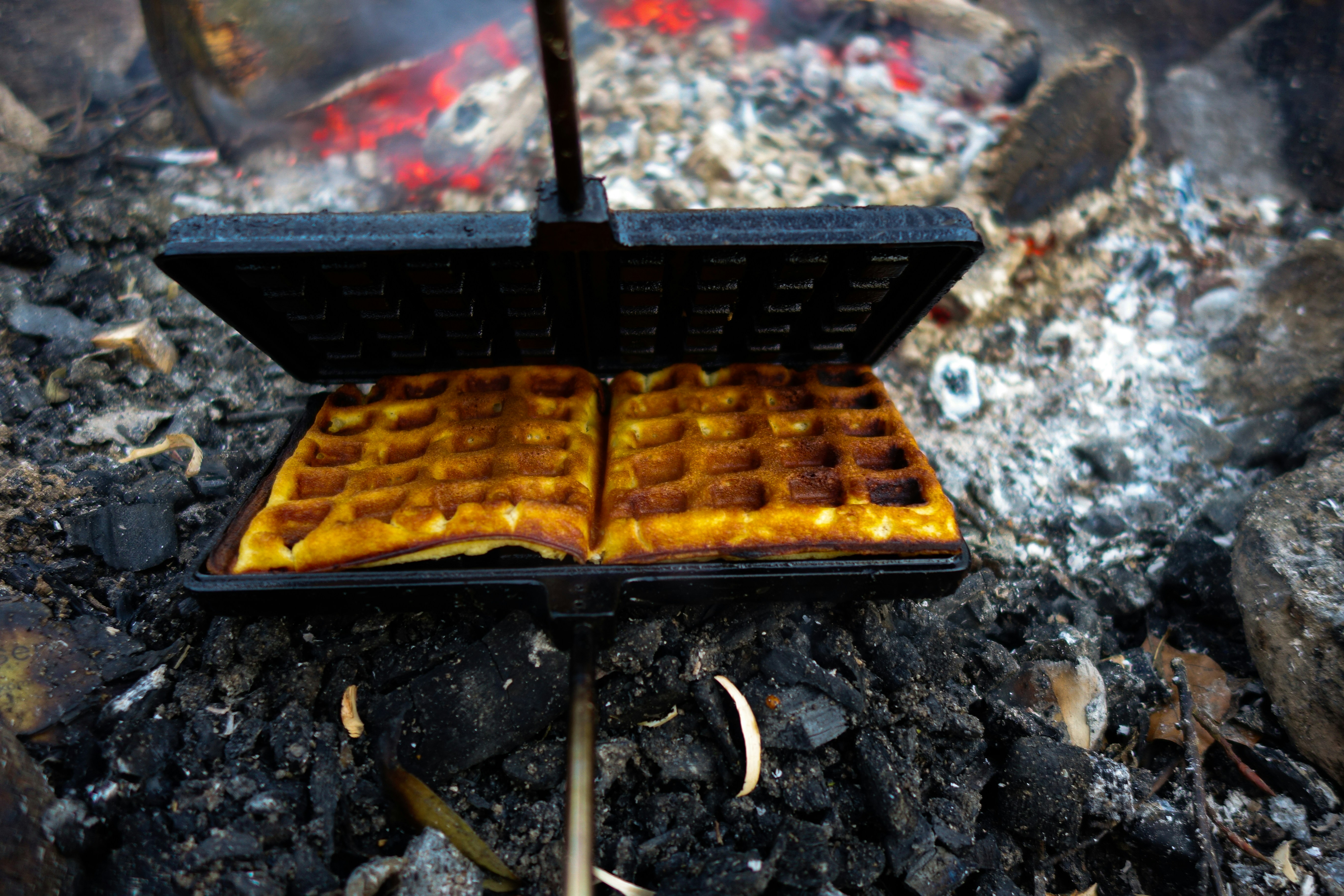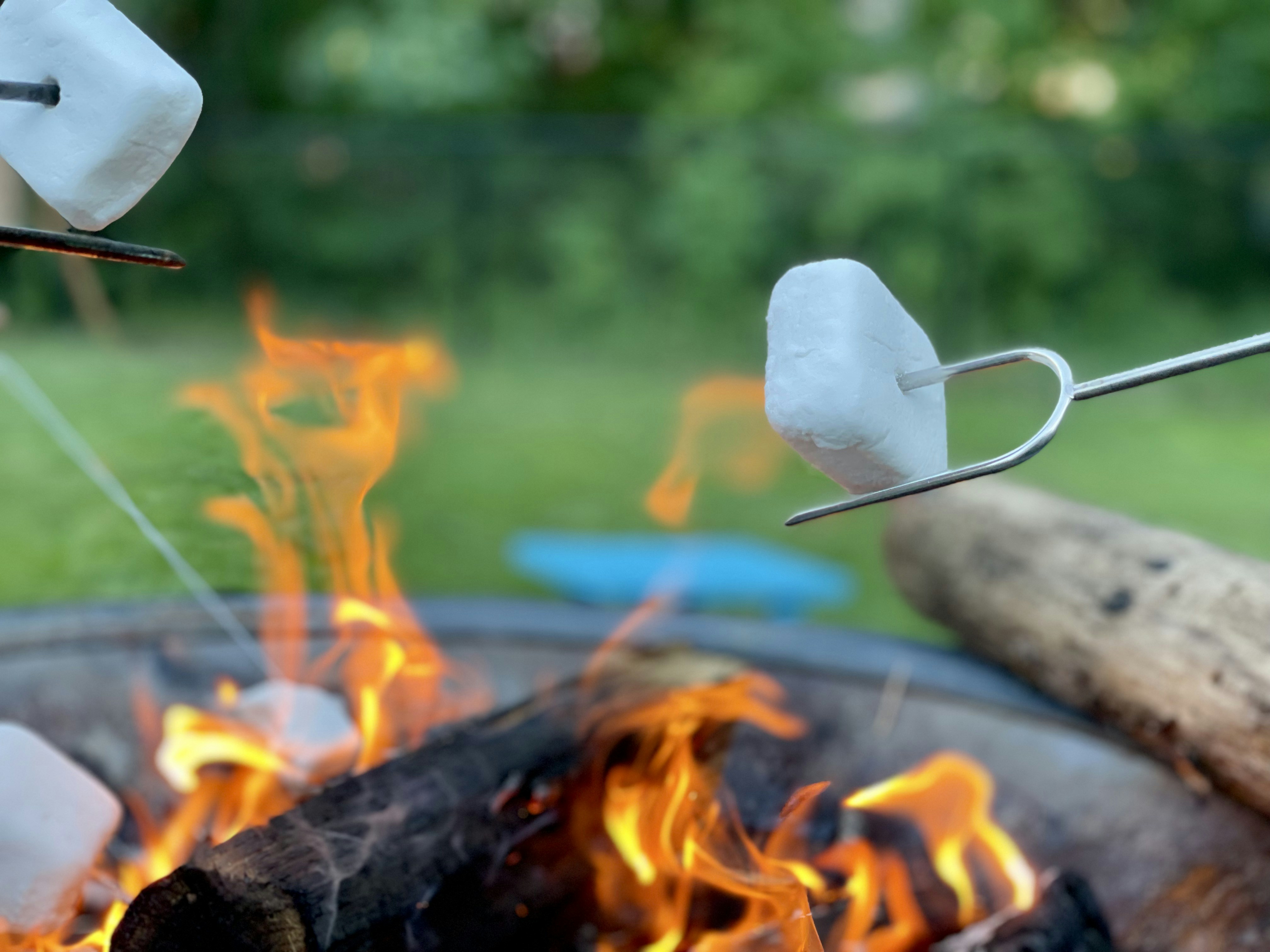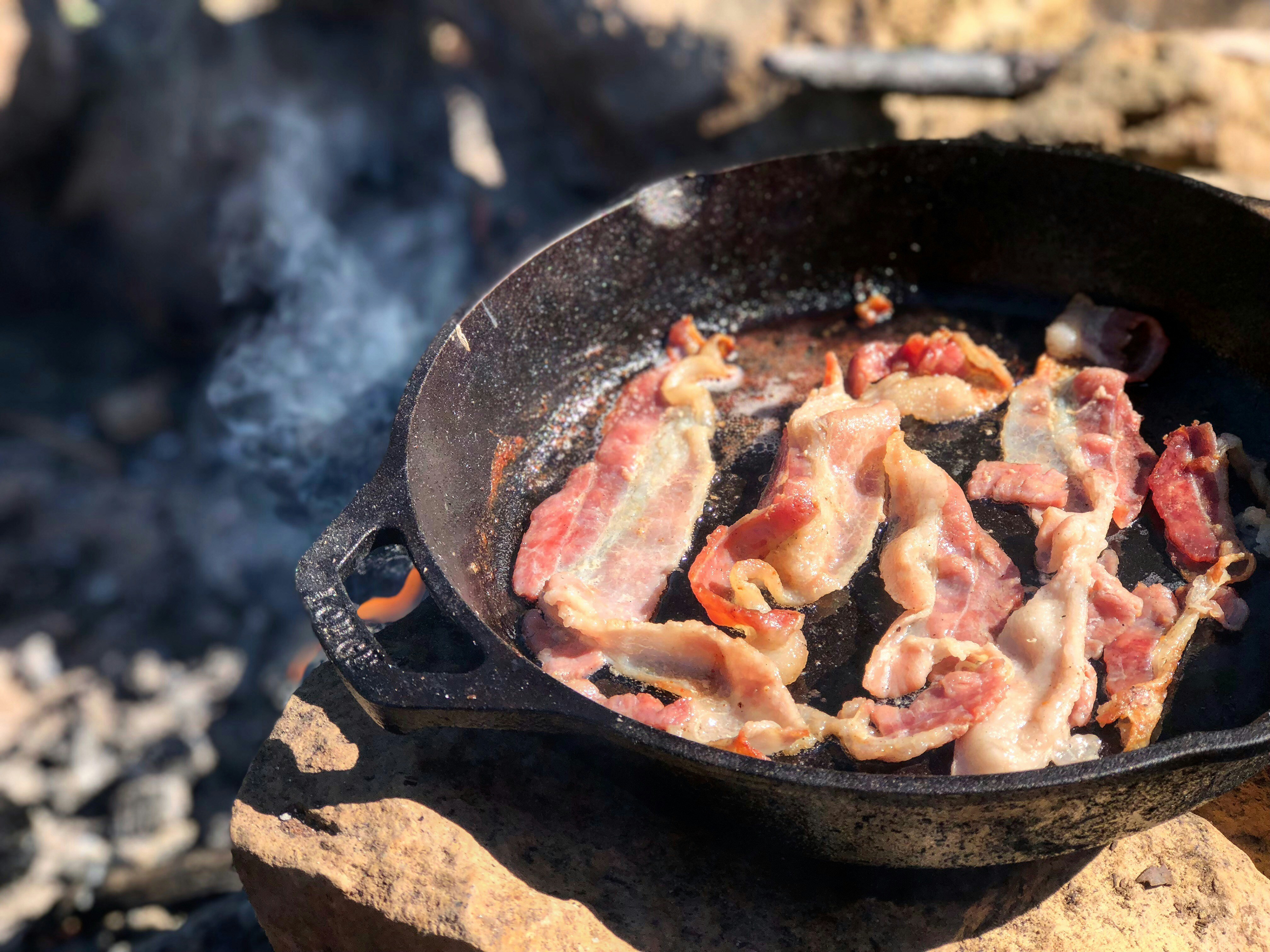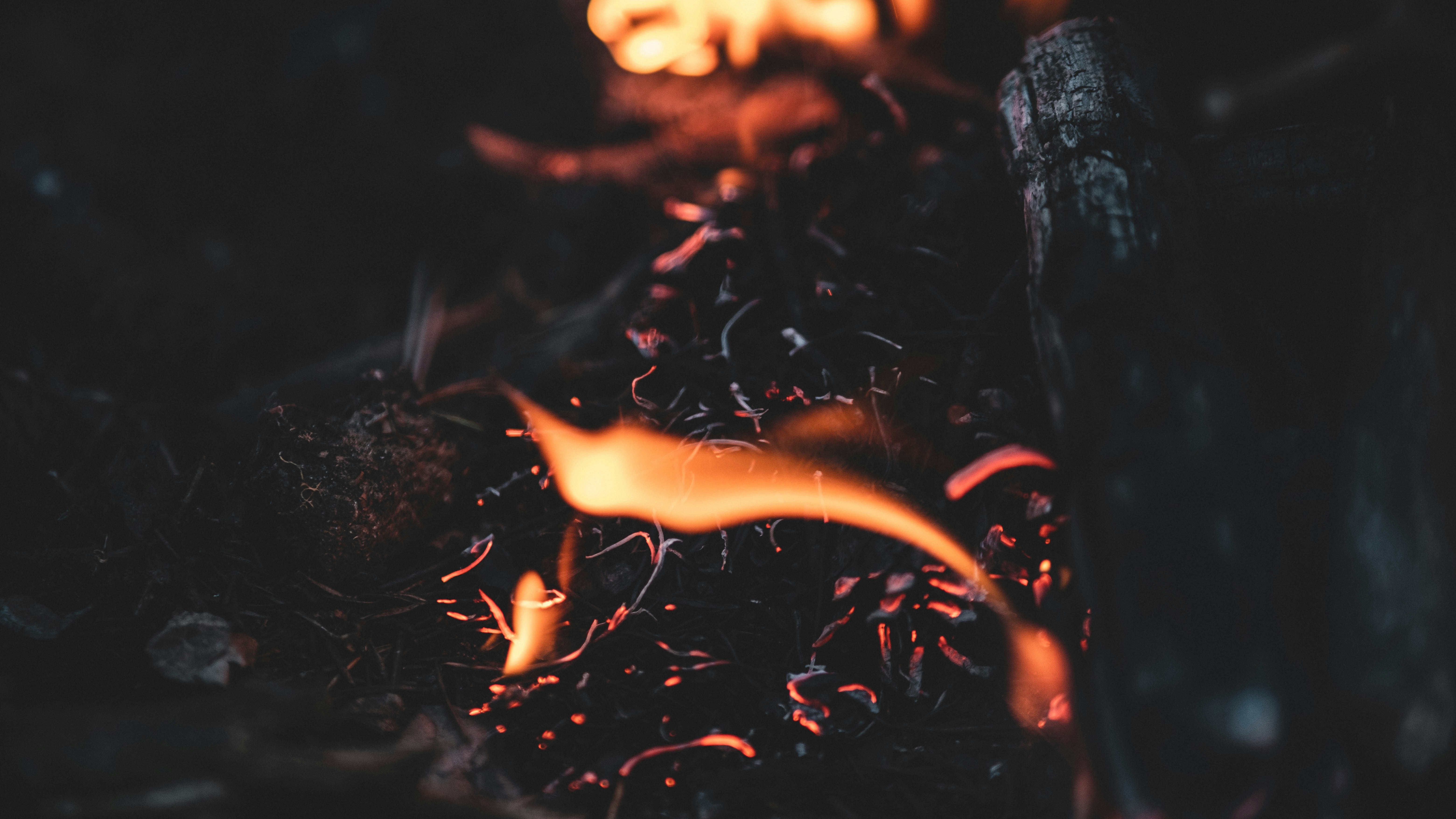What Wild Game Food Processing And Cooking Traditions Distinguish South Carolina From Other Hunting
Introduction
What Wild Game Food Processing And Cooking Traditions Distinguish South Carolina From Other Hunting represents one of the finest ways to prepare wild game. This comprehensive guide covers everything you need to know about preparing and cooking wild game using time-tested techniques and modern culinary methods.
Key Ingredients
Essential Components
- Fresh wild game meat (2-3 pounds)
- Kosher salt and freshly ground black pepper
- High-quality olive oil or butter
- Fresh herbs (rosemary, thyme, sage)
- Aromatic vegetables (onions, garlic, carrots)
Flavor Enhancers
- Red wine or game stock
- Wild mushrooms (optional)
- Juniper berries or other wild spices
- Fresh citrus for brightness
Preparation Method
Step 1: Meat Preparation
Begin by properly trimming your wild game meat, removing any silver skin or excess fat. The quality of your final dish depends heavily on proper meat preparation. Pat the meat completely dry and allow it to come to room temperature before cooking.
Step 2: Seasoning
Season generously with salt and pepper at least 30 minutes before cooking. This allows the seasoning to penetrate the meat and enhances the natural flavors. Consider adding complementary spices based on your regional preferences.
Step 3: Cooking Technique
Heat your cooking vessel over medium-high heat. Add oil when hot, then sear the meat on all sides to develop a beautiful crust. This step is crucial for locking in juices and creating depth of flavor.
Step 4: Finishing
Reduce heat and continue cooking to your desired doneness. Wild game is best served medium-rare to medium to prevent drying out. Use a meat thermometer for accuracy - aim for 130-135°F for medium-rare.
Professional Tips
Temperature Control
- Never overcook wild game - it lacks the fat content of domestic meat
- Use a reliable meat thermometer
- Rest meat for 5-10 minutes after cooking
Flavor Pairings
- Fruit-based sauces complement gamey flavors
- Earthy mushrooms enhance the wild taste
- Bold red wines stand up to strong flavors
Serving Suggestions
This dish pairs beautifully with:
- Roasted root vegetables
- Wild rice or grain pilaf
- Seasonal green vegetables
- Crusty artisan bread
Storage and Leftovers
Properly stored, cooked wild game will keep for 3-4 days in the refrigerator. Leftover meat makes excellent sandwiches, salads, or can be incorporated into pasta dishes.
Nutritional Benefits
Wild game is naturally:
- High in protein
- Low in fat
- Rich in iron and B vitamins
- Free from antibiotics and hormones
Common Mistakes to Avoid
- Overcooking: The number one mistake with wild game
- Under-seasoning: Wild meat can handle bold flavors
- Skipping the rest period: Essential for juice redistribution
- Using high heat throughout: Low and slow often works better
Regional Variations
Different regions have their own traditional preparations:
- Southern Style: Often includes bourbon and pecan crusts
- Mountain Style: Features juniper and high-altitude herbs
- Midwest Style: Emphasizes hearty, comfort-food preparations
- Coastal Style: Incorporates citrus and lighter preparations
Conclusion
Mastering what wild game food processing and cooking traditions distinguish south carolina from other hunting opens up a world of culinary possibilities. With practice and attention to detail, you'll be creating restaurant-quality wild game dishes in your own kitchen. Remember, the key to great wild game cooking is respecting the meat and not overwhelming its natural flavors.



